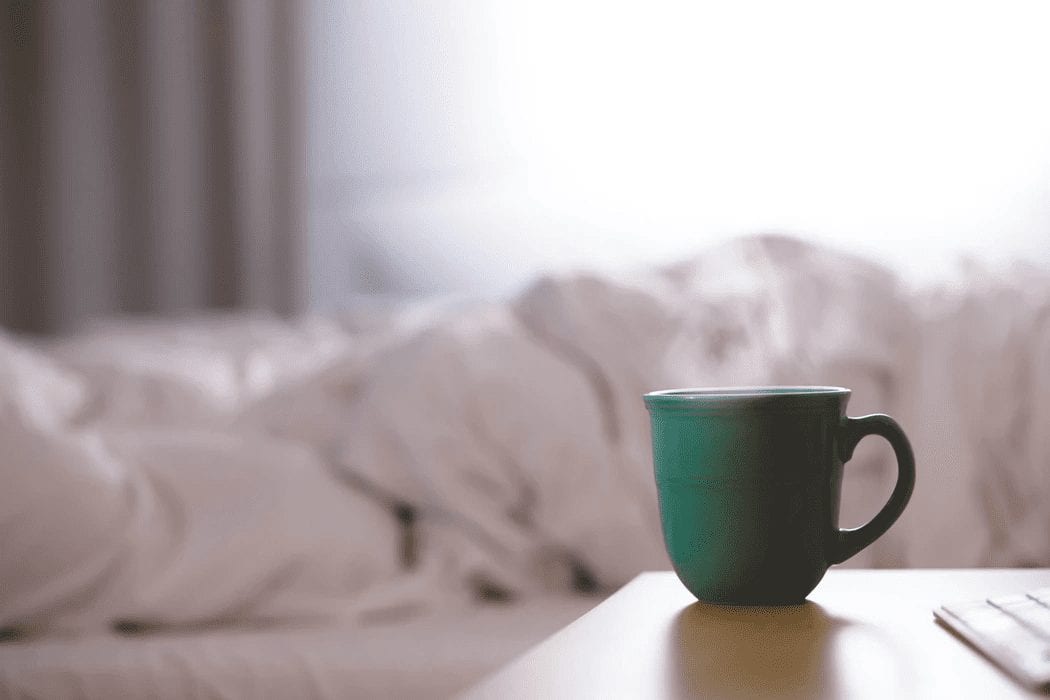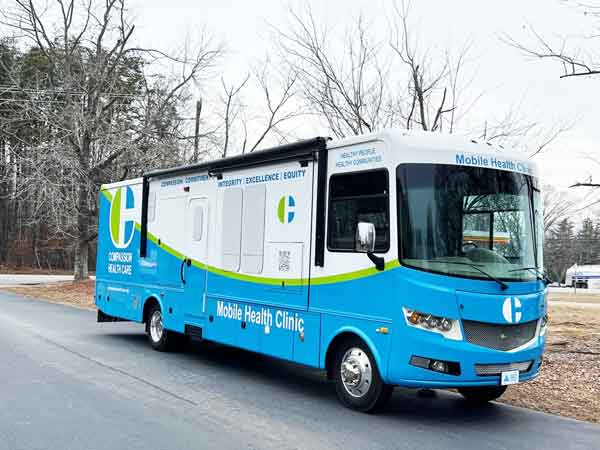5 Tips for Seniors: Better Night’s Sleep
Seniors Can Get a Better Night’s Sleep with These Helpful Tips
Contributed by Karen Weeks of Elder Wellness
If you’re a senior who is having trouble getting to sleep at night, you’re not alone. However, you could be harming your health. Sleep is essential in preserving healthy processes in your brain and body, so getting enough needs to be among your top priorities. When getting rest seems to be a problem, try these solutions to get a better night’s sleep.
Update Your Bedroom
If you’re having some trouble getting a good night’s sleep, then you should take a look around your bedroom. Is your room dark and cool at night? If not, you should consider picking up some heavier curtains and turning down the thermostat. Total darkness will help your brain shut off faster, and cooler temps may help your body fall into a deeper sleep. Air quality matters too. Adding a humidifier adds moisture to the air in your room, which can make it easier to breathe at night. Finally, make sure you’re sleeping on the right mattress, especially if yours between seven and 10 years old. It may be time to look for a higher quality mattress that will help you get the rest you need.
Watch What You Eat
Your diet can control more than just your waistline. What you eat can determine how well you sleep. If you consume a lot of caffeine throughout the day, you may be sabotaging your sleep. Try limiting your caffeine to the early and mid-morning, but be sure to cut caffeine out by 2 pm. If you’re still having a tough time getting to bed, cut back on the amount you drink in the morning. The foods you eat can hurt your sleep as well. If you have acid reflux, spicy foods could cause problems that will keep you up in the evenings. It’s also best to avoid heavy meals closer to bedtime. If you start feeling snackish, choose one of these sleep-enhancing treats.
Create a Morning Exercise Routine
Like diet, exercise is another daily habit that can impact your sleep. Exercise also has a calming effect on the brain in the form of endorphins, which may help you fend off feelings of anxiety and pain. While you can get a workout in whenever is convenient for you, morning workouts may be your best bet for getting a better night’s sleep. Something as simple as a brisk morning walk or a quick swim is enough to shape up your sleep habits, so make it a point to make exercise a part of your morning routine.
Stay on a Schedule
One of the best ways to get good sleep is to create a daily schedule and stick to it. Waking up and going to bed at the same time every day will help set your internal clock. Try it for a few days and you’ll likely start to notice yourself getting sleepy around the same time each evening and feeling more refreshed when you wake in the mornings. As you work on your schedule, find small ways to improve your morning and nightly routines as well. Complete a short, affirming meditation in the morning, then write any worries in a journal at night.
Ask Your Provider for Advice
Sometimes, chamomile tea and journaling just aren’t enough. Nearly half of Americans have reported having sleep problems that were negatively affecting their quality of life. If your sleep issues begin bringing you down, it may be time to speak with a doctor. Your doctor can determine if an underlying problem, such as chronic pain or sleep apnea, could be the culprit robbing you of rest. He/she can suggest solutions to help you rest better and may even prescribe medications. Be sure to take these medications only as directed and ask about any possible side effects or interactions you should be aware of.
Tossing and turning at night is no fun. Use these tips to help you get a better night’s rest and know when it’s time to ask for help. Your health and happiness could depend on it.
Karen Weeks created Elder Wellness as a resource for older adults who wish to keep their minds, bodies, and spirits well.


